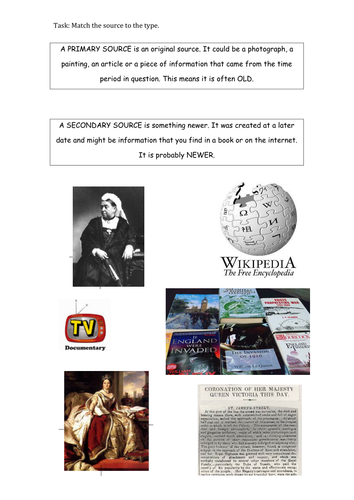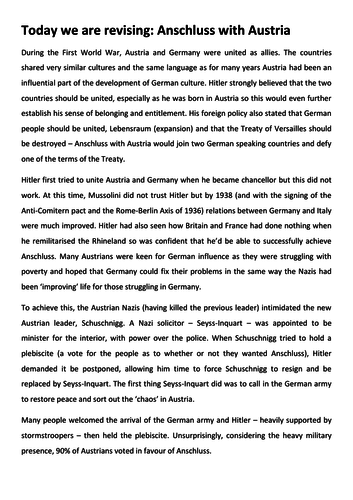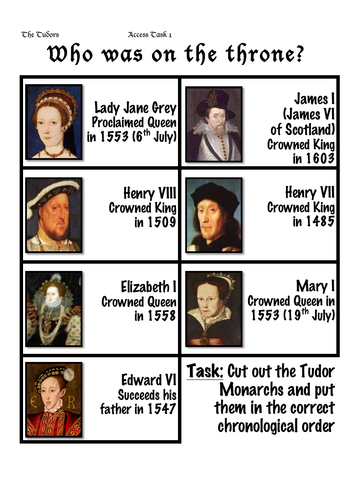Red Apple Resources by Bobbie
I am Head of Humanities and teacher of English, Media, Drama, Geography and History (specialising in Shakespeare and Autism). I've worked for private schools, mainstream and special needs. Currently I tailor my resources to suit mid-ability students but with differentiation allowing teachers to easily adapt to suit higher/lower groups. I make SOWs where the resources are all in one easy to access place, as well as providing learning objectives (even if just overviews) to help with observations.











